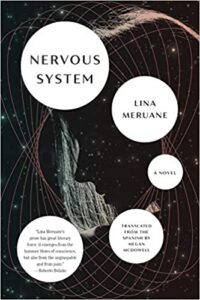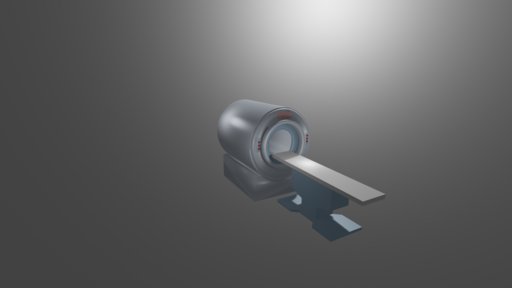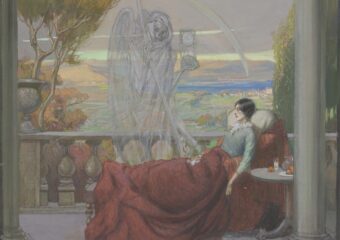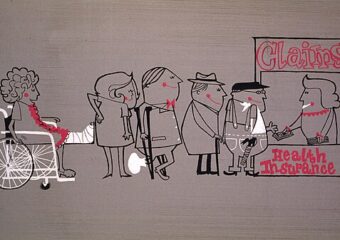Magnetic Resonance Imaging (MRI) is used in health care to produce images of organs and tissues for diagnostic purposes. In the novel, Nervous System,* the author Lina Meruane uses MRI as a literary device to produce an image of a guilty conscience. Here I extract a passage from the novel in which a character’s guilty conscience unfurls during an MRI scan.

The novel concerns a family history that is “all about dodging obstacles in this sack race of life,” as the family father explains it. (p. 105) The obstacles in this family’s life are injury, illness, and death, and they dominate. Meruane’s literary expositions of the characters’ health problems and their treatments permeate the novel. She offers different takes on how we can think about illness, injury, and grief often with clever wordplay and sophisticated analogies. (More detail about the novel is here.)
An important part of the family history is the father’s loss of his first wife while she gave birth to their second child Ella. Ella can’t shake feeling responsible for her mother’s death; it’s part of her consciousness. Meruane places Ella into an MRI machine on her thirty-ninth birthday looking for images of neurological diseases, and at the same time returns her to her mother’s womb on the day of her birth looking for images of a guilty conscience.
The years fold back, and before her rise the howls she tore from the mother she can’t remember, everything so dark, so viscous. She doesn’t dare look. She doesn’t dare open her mouth lest it fill up with fear. The rattle of maternal agony disturbs her, and she’s another year older. And there’s no one there, no celulas madre, no mother nature. No cake or candles or gulps of saltwater. No ocean to cross, only fluid, amniotic amnesiac assassin. The placenta like a toxic jellyfish. That taut cord breaking the mother from inside while Ella’s own head struggles into the light of a white lamp that blinds her, toward the noise to which she’ll add her newborn wail. To be the foreign body that rends and wounds another body that won’t stop bleeding. Spending a birthday in that crypt full of inhuman hissing is the curse of the dead mother Ella never should have invoked. She shouldn’t have awoken her in the beyond. Shouldn’t have asked anything of her. Because, trussed up head to toe as she is, motionless as she must be, with a worn-out panic button between her fingers and a needle driven into her arm, the opaque fluid rising through her veins to impregnate her brain with contrast, because there, there inside, at the end of it all, her conscience is filling up with matricide.
p. 24
While the MRI machine magnets surrounding Ella conjure images of spinal tissues invaded by a mass, the thoughts surrounding Ella conjure images of her conscience invaded by guilt. The images of tissues and conscience intertwine: “to be the foreign body that rends and wounds another body,” and to be rended and wounded by a foreign mass; traveling toward “the light of a white lamp that blinds her” outside the machine and “toward the noise to which she’ll add her newborn wail” outside the birth canal. Meruane has extended MRI utility from images the clinic uses to images the novel uses.
*Nervous System
Lina Meruane – author
Megan McDowell – translator
Minneapolis
Graywolf Press
2021
225 pages



